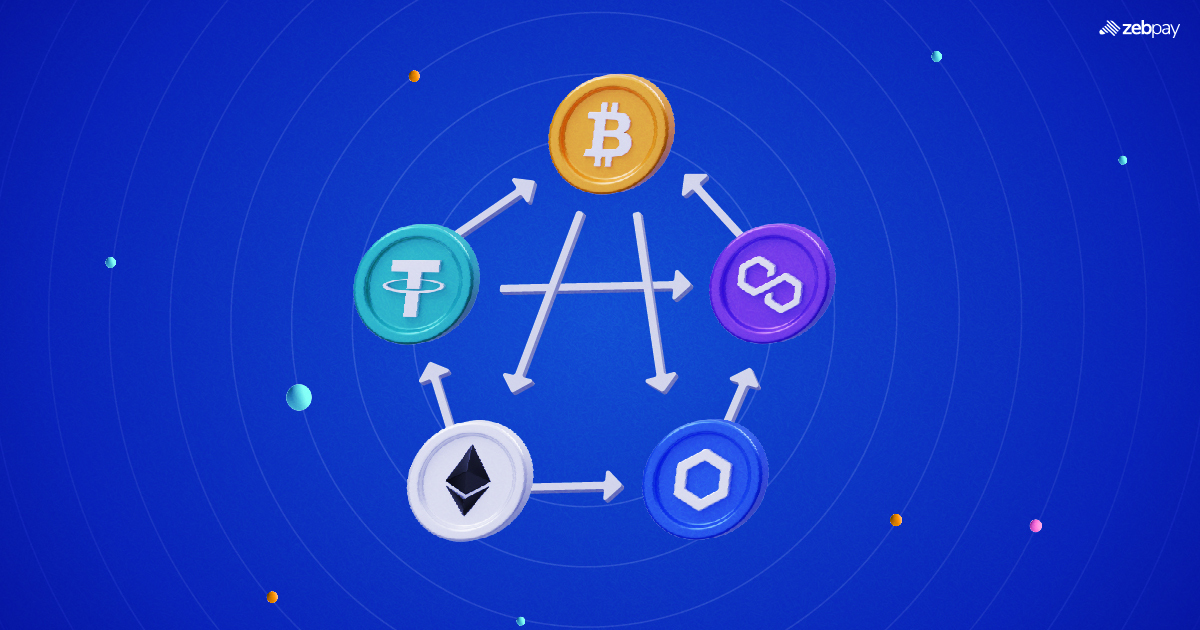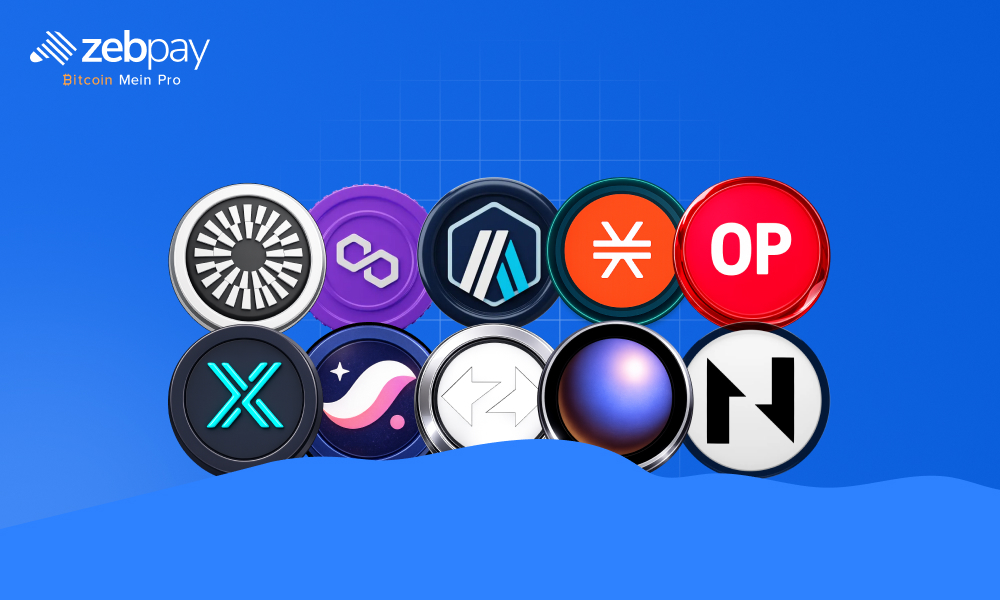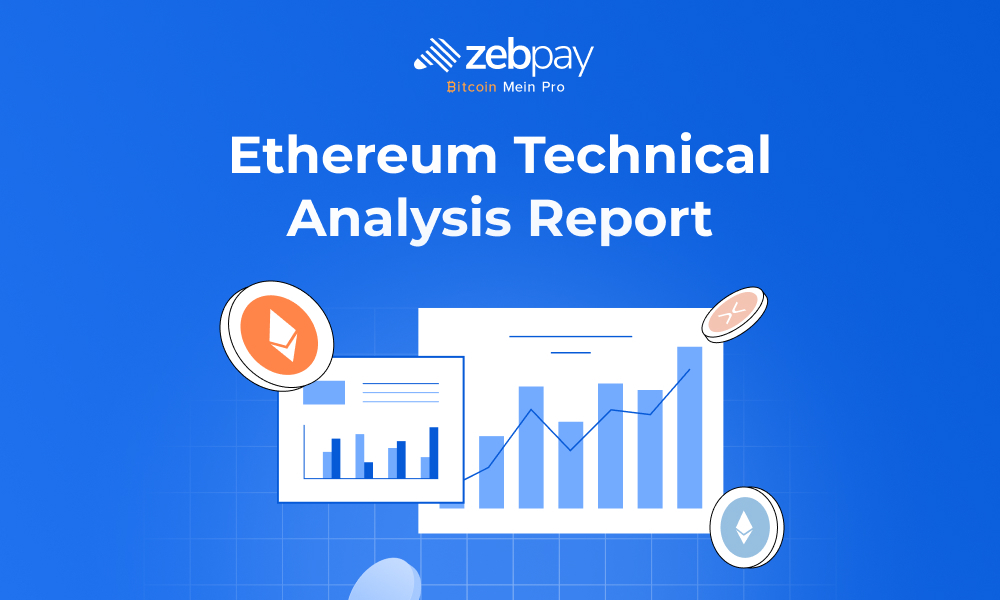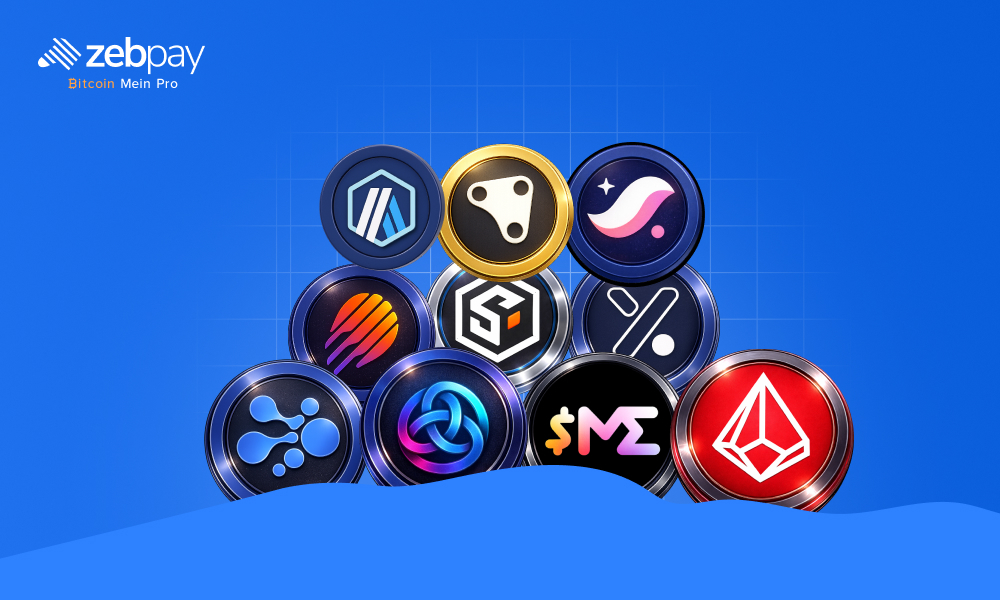The meteoric rise of crypto and blockchain has not just transformed payments, it brought about a new mode of business. Blockchains have enabled the creation of countless decentralized platforms and products. You may have heard the term “DEX” become a buzzword in the crypto community. But what is DEX?
A DEX – or a decentralized exchange – is a crypto exchange that operates on a decentralized platform. It does not rely on a single centralized authority to facilitate trade. Instead, it uses several blockchain features like smart contracts and AMM algorithms to enable the trade of crypto assets directly. This makes DEXs more secure, transparent, and resistant to hacks and fraud. Some popular DEXs are PancakeSwap, Uniswap and SushiSwap.
How Does DEX Work?
Decentralised exchanges have a few key features that allow them to work seamlessly.
First, the DEX creates a smart contract. A smart contract is a set of codes that automatically executes itself when the contract’s conditions are met. This can be used to automate tasks and enter into agreements on the blockchain. This smart contract determines the rules and methods through which the DEX will operate. It also acts as a DEX order book, without requiring a central authority.
Second, there must be a method to connect buyers and sellers. DEXs use automated market makers (AMMs) that decide the prices of tokens. It also helps match buyers and sellers based on the availability of assets. DEX liquidity is managed through the use of such AMMs.
Importance of Understanding DEX
Understanding what DEXs offer is crucial to being a successful crypto trader. They offer a completely different trading platform from the traditional stock exchanges you may be used to.
DEXs can be more secure than traditional exchanges since user funds are not held in a central location. Instead, these funds are distributed across the blockchain in the platform’s smart contract. DEXs also allow you to trade without KYC, preserving your anonymity. Finally, they are entirely transparent, with all transactions visible on the blockchain.
Different Types of Decentralized Exchanges
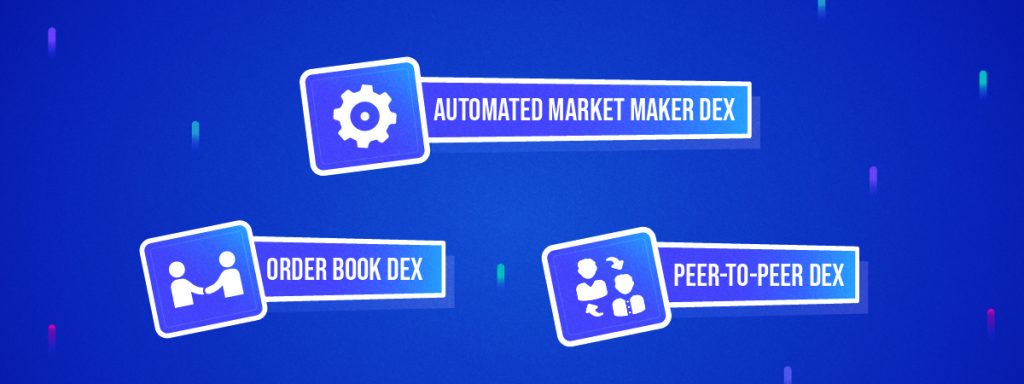
While there can be many different types of exchanges, these are the most popular forms DEXs can take.
Automated Market Maker DEX
As mentioned above, Automated Market Makers (AMM) DEXs use algorithms to determine the prices of assets. They also enable the platform to connect buyers and sellers based on the availability of tokens. This is the most popular form of DEX, used by platforms like Uniswap, SushiSwap and PancakeSwap.
Order Book DEX
These DEXs operate using a similar method to centralized exchanges. They match buyers and sellers using an order book model. However, the matching and execution are done using smart contracts. Some examples of order book DEXs include Loopring and dydx.
Peer-to-Peer DEX
P2P DEXs allow individuals to trade directly with each other, without a market maker or order book. This enables you to trade at exactly the price you want, with very low fees. However, such DEXs can also have much lower liquidity than other models. Some examples include PolkaDEX and ShibaDEX.
Benefits of DEX
- DEX trading is conducted entirely through smart contracts. This ensures that trades are completed using the same method, with all information available to see.
- DEX liquidity can be higher than some centralized exchanges, as the platform can draw from multiple liquidity sources.
- DEX governance is handled by the platform’s users. Thus, key decisions on the platform’s development are taken by its stakeholders.
- DEX tokens reward users by allowing them to earn by providing liquidity to the platform. Some tokens can also be used to pay trading fees.
The Advantages of Using a DEX for Crypto Trading
Transparency
Unlike traditional exchanges, decentralised exchanges are entirely transparent. Since they operate using blockchain smart contracts, all data and trades can be viewed by other users on the network. This increases transparency and trust in the platform.
Decentralisation
In a DEX, there is no central authority that controls trading or development. Instead, decision-making and platform governance are handled by the platform’s stakeholders. If you use a DEX, you can also participate in its governance by acquiring the platform’s tokens.
Anonymity
DEXs allow users to trade crypto assets without the need for KYC/AML checks or providing personal information. This preserves user privacy and anonymity, as users can trade without their personal information being sold to third parties.
Security
DEXs are more secure than centralised exchanges. They are not controlled by a single entity and do not hold users’ funds in a central location, reducing the risk of hacks, thefts, and insider fraud. Additionally, the use of smart contracts reduces the risk of counterparty risk or settlement failures.
Read more: What is a Crypto Scam
How to Use A DEX Platform to Buy and Sell Crypto Assets?
Setting up a DEX Wallet
The first step is to set up a wallet that supports the crypto assets you want to trade. Many DEXs operate on the Ethereum blockchain, so you’ll need an Ethereum wallet that supports ERC-20 tokens. Examples of Ethereum wallets include MetaMask and MyEtherWallet.
Funding your DEX Account
To trade on a DEX, you’ll need to fund your account with the crypto assets you want to trade. To do this, send your funds from your crypto wallet to the DEX’s smart contract address. Make sure to check the deposit address carefully and follow the instructions provided by the DEX.
Placing a Buy or Sell Order
Once your funds are available, choose the required crypto token you want to trade. On an AMM DEX, the price will automatically be determined based on market conditions. Simply enter the number of tokens to buy or sell and confirm the trade.
What are the Challenges to DEX Adoption?
- Complexity: DEXs can be more complex to use than centralised exchanges, as they require users to interact with smart contracts. Additionally, because DEXs operate on a blockchain network, users may need to pay network fees and wait for confirmation times.
- User experience: Some DEXs have been criticized for having poor user interfaces and being difficult to navigate. This can make it harder for users to find the assets they want to trade, place orders and manage their accounts.
- Regulation: The lack of regulatory clarity around DEXs and crypto assets can be a barrier to adoption. Some countries have taken a hostile stance towards crypto with strict regulations or outright bans on their use. This can make it difficult for users to access DEXs.
You can read more about Web 3.0, Crypto Security and blockchain on ZebPay blogs. Join the millions already using ZebPay India.
FAQs on What is a DEX?
What does DEX stand for?
DEX stands for “decentralized exchange.” It is a type of crypto exchange that operates on a decentralized platform, allowing users to trade directly with each other without the need for a central intermediary.
Understanding DEX Liquidity and its Importance for Trading
Centralized exchanges have large order books that can match buyers and sellers. However, DEXs can be much smaller, with lesser access to funds. This is why liquidity is handled by the use of AMMs and liquidity pools. A liquidity pool is a smart contract where users can lend their crypto assets out to exchanges or other DeFi applications.
How do I Choose the Right DEX for Me?
Choosing the right DEX depends on your trading needs and preferences. Some factors to consider include the trading mechanism, liquidity, fees, user experience and security. It’s important to do your research and compare different DEXs before choosing one to trade on.
Are DEXs Regulated?
The regulatory status of DEXs varies depending on the jurisdiction. Some countries have implemented strict measures or outright bans on their use. Other areas have taken a more permissive approach and have implemented regulations to protect users.





